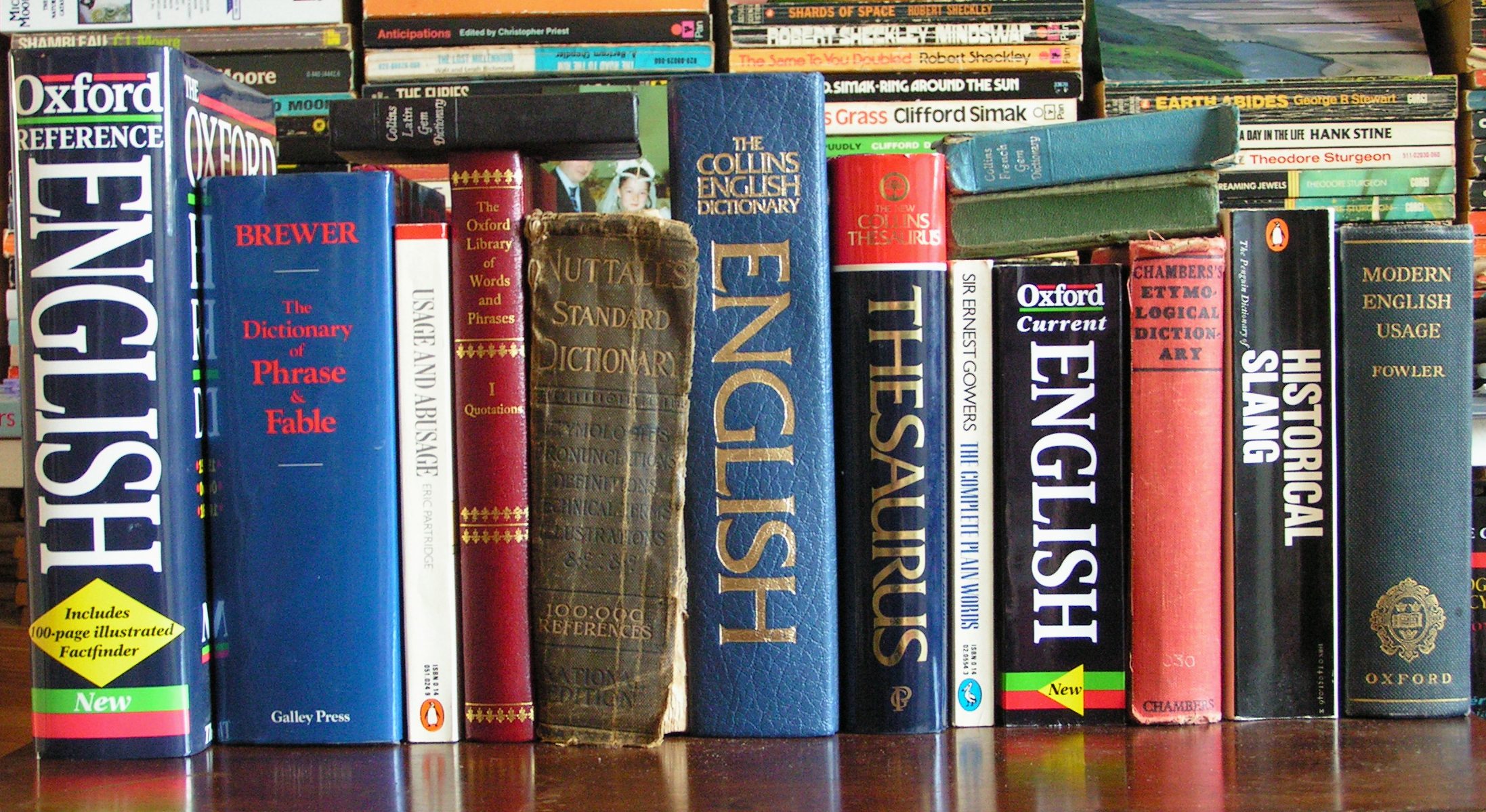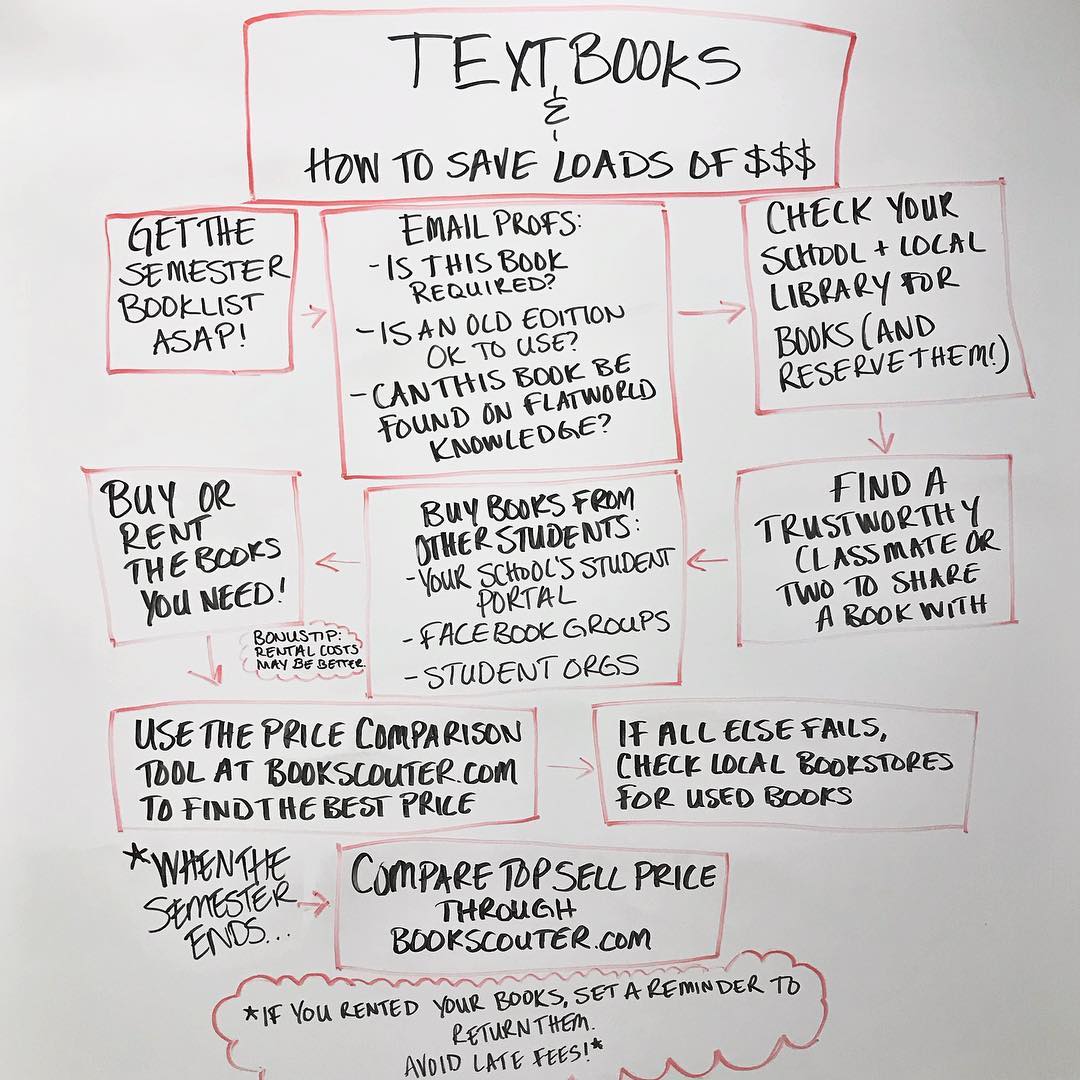
Here at BookScouter, we pride ourselveson being the best resource for you to buy and sell your textbooks at the best price. That’s why we created the Ultimate Guide to Buying and Selling Textbooks.
PDF Version Guide to Saving Money on Textbooks for College Students
Buying textbooks can be a sneaky expense in college, particularly for our friends in the natural and applied sciences. Sheesh! Some people pay over $1,000 a semester for their books!
Don’t let this be you!
You can save hundreds of dollars a semester if you know the secrets of buying and selling textbooks

We’ve put our heads and experiences together to let you in on our tips and tricks. In order of the best ways to save on textbooks, we recommend that first, you talk with your professors about the required textbooks for your classes. After you have confirmed the required readings check on free textbook resources first. Once you have found all you can in the available free resources, look into cheap textbook options like buying used books or renting your textbooks.
If you still need to acquire a few new textbooks find a bookstore that price matches or use the textbook comparison tool at BookScouter. Last but not least, save (and make money) with your textbooks by having a plan at the end of the semester. Many students resell their textbooks through buyback programs.
Alright, now let’s get to the details of saving you money!
How to Talk To Your Professors about Your Textbooks?

Once you receive your class and book lists for the semester, get the conversation started.
Don’t be shy, say “hello,” and start the semester off right by letting your professors know that you are excited about the course and preparing to master the material.
In your first email, show them you’ve read the syllabus (or at least the book list…you did read it, right?) and ask a few simple questions:
- How often is this text used?
- Is an older version OK to use?
- Is this a required or recommended textbook (the syllabus may provide the answer, too)?
- Can this textbook be found on Flatworld Knowledge?
- Can the readings be found on online/ Are free or low-cost PDF versions available?
Last, but not least, thank them for taking the time to help you navigate buying your books.
What Free Textbook Resources are Available?

Libraries
I’m sure you’ve heard of these magical places. Check with your college and the local library to see if they have any of the required books available during the semester. Keep in mind, it may be tricky to reserve the book for an entire semester. Use this as an option for textbooks that are not required as often or when the professor has placed the book on hold at the campus library just for his or her students.
Head to the web
Use your school’s library to see if the articles are found on EBSCOhost or another research platform. You can also check here for free (and legally downloadable) books online.
Share or swap textbooks with your friends
Have a pal or two that you trust? Willing to test that trust a bit? We recommend keeping the sharing to a group of two or three. If you know someone who took the class during a previous semester, ask if they still have the book and see if they’d be willing to lend it to you for a semester. Return the favor. Lend them a book they need or thank them with coffee during midterms.
This leads us to the next tip:
Where to Find Cheap Textbooks?

If you’re not able to swap books, ask other students if you can buy their old textbooks. Ask friends, ask on your school’s student portal, facebook group, or even a student organization to see if anyone is willing to sell their textbook to you. They’ll likely give you a good deal since you’re saving them the hassle of trying to sell it back to a bookstore or online.
Having trouble locating a student-to-student textbook exchange?
Search the following terms on Facebook:
- buy, sell, trade (books) + “your school’s name”
- “your school’s name” + student book exchange
- the name of your college or university
These platforms can help you find cheap textbooks.
Check rental options. Renting textbooks is another way you can save a lot of money, especially if you don’t need the book again for a future class or don’t plan on highlighting the crap out of the book.
How to Buy Cheap Textbooks?
First, use the price comparison tool on BookScouter to see what the best deal is for your (new, used, or rentable) textbook. This sweet comparison tool will save you time and sell books at the best price. No need to call or look up over thirty sites to see how much they’ll charge you for a book. You’ll find it all in one place.
When all else fails, check local bookstores to see if they have a used version of your needed textbook in stock.Used books are less expensive than buying new. Plus the previous owner may have already highlighted the important facts. What a bonus!
If you prefer to buy fresh, new textbooks, ask your school’s bookstore if they offer a price match program. This way you can still save on shipping costs and the time it takes to receive the textbook via mail.
Where to Sell Textbooks at the End of the Semester?
Check the resale price through the comparison tool on BookScouter. Make most (if not all) your money back through textbook buyback programs. Heck yes! Recycle those dollars for next semester’s books or buy yourself something nice.
Return your rented textbooks! Seriously, set a reminder for when you need to mail the book back. Avoid those late fees!
For those who skipped to the end and want to know how to save money on buying and selling textbooks FAST…
We’ve got your back!
Here is a flow chart you can use as a reference for how to save money on textbooks.

BookScouter Community Tips on How to Buy Cheap Textbooks
We reached out to the BookScouter community for more great tips on saving money when buying and selling textbooks! Below are some of their tips:
“Compare prices and sell back old books for store credit and use the coupons [at that store]!” – Jenna
“Search the ISBN on BookScouter, and you will certainly find the best offer.” – K Anderson

 at the best price with a single search!
at the best price with a single search! 




